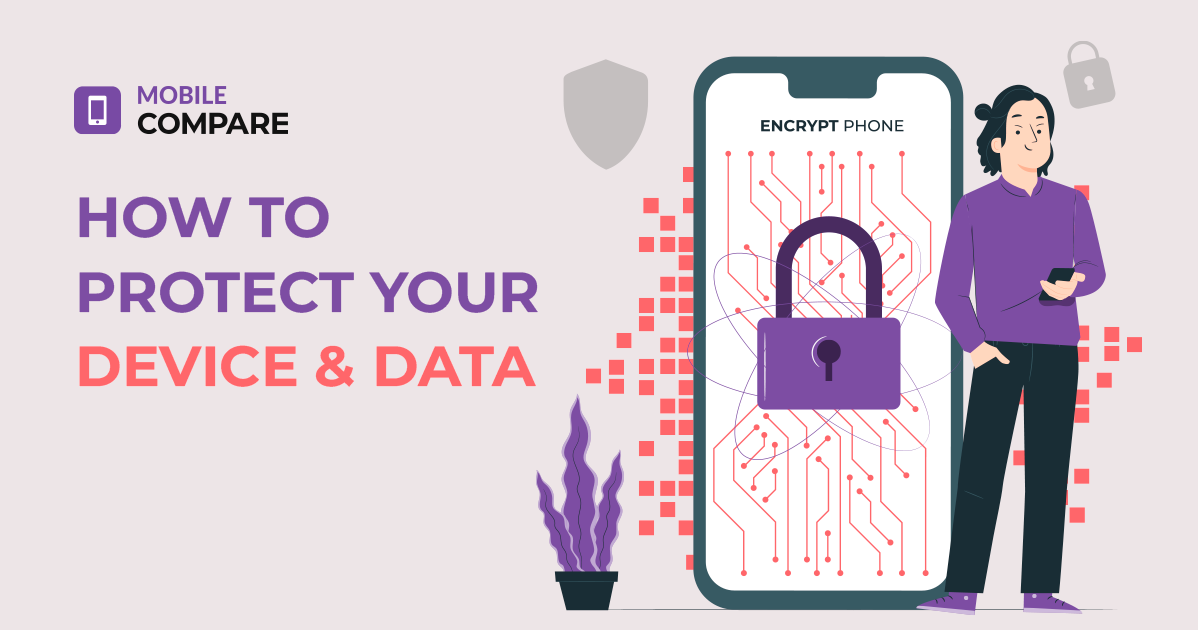We use our mobile phones for just about everything. They come with us everywhere, and have become an integral part of our everyday lives. And with the recent release of the iPhone 16, our reliance on our phones for a wide range of everyday, professional and creative tasks grows. Therefore, a lot of our personal data and information are on our devices. It’s vital that we protect our device and data from being stolen, or from viruses and malware.
Here are our top 5 tips to keeping your device and dara safe. Protect your whanau with these simple tips!
1. Choose Strong Passwords
It’s important that each app and login you use has a strong, unique password, with numbers and symbols. Consider using a password generator system such as Lastpass to help create complex passwords that can be stored safely, so that any potential hackers have a difficult time trying to decipher your password.
2. Use Biosecurity Measures
Protect your phone from being accessible if it gets picked up by strangers by including biosecurity measures. Most modern phones have the option to include one or more biometric security features such as fingerprint, face recognition, or even voice recognition.
3. Keep Personal Information Private
Don’t put your private details and information on any social media. Avoid sites and applications that ask for your personal data and banking information. Remember, when it’s on the internet, it is there forever. Trust your gut when something seems dodgy. If a text comes through asking for your personal information for a package that “failed to deliver” delete it!
4. Use a VPN in Public
Public wifi is great for being able to avoid using your data, and for getting things done at cafes and airports. However, public wifi can pose unpleasant risks such as being a busy network ripe with hackers. Public wifi can make your data vulnerable. Protect your data and your identity by installing a VPN so you can browse anonymously.
5. Use Multi-Factor Authentication
Multi-factor authentication is a type of security that asks for users to complete two or more forms of verification to login into an app or website. These forms of authentication may be another password, answering personal security questions, or providing a biometric verification such as your fingerprint.
Further Reading:
More Online Safety Tips for Whanau
Cyberbullying: Things to Look Out For to Keep the Whanau Safe






